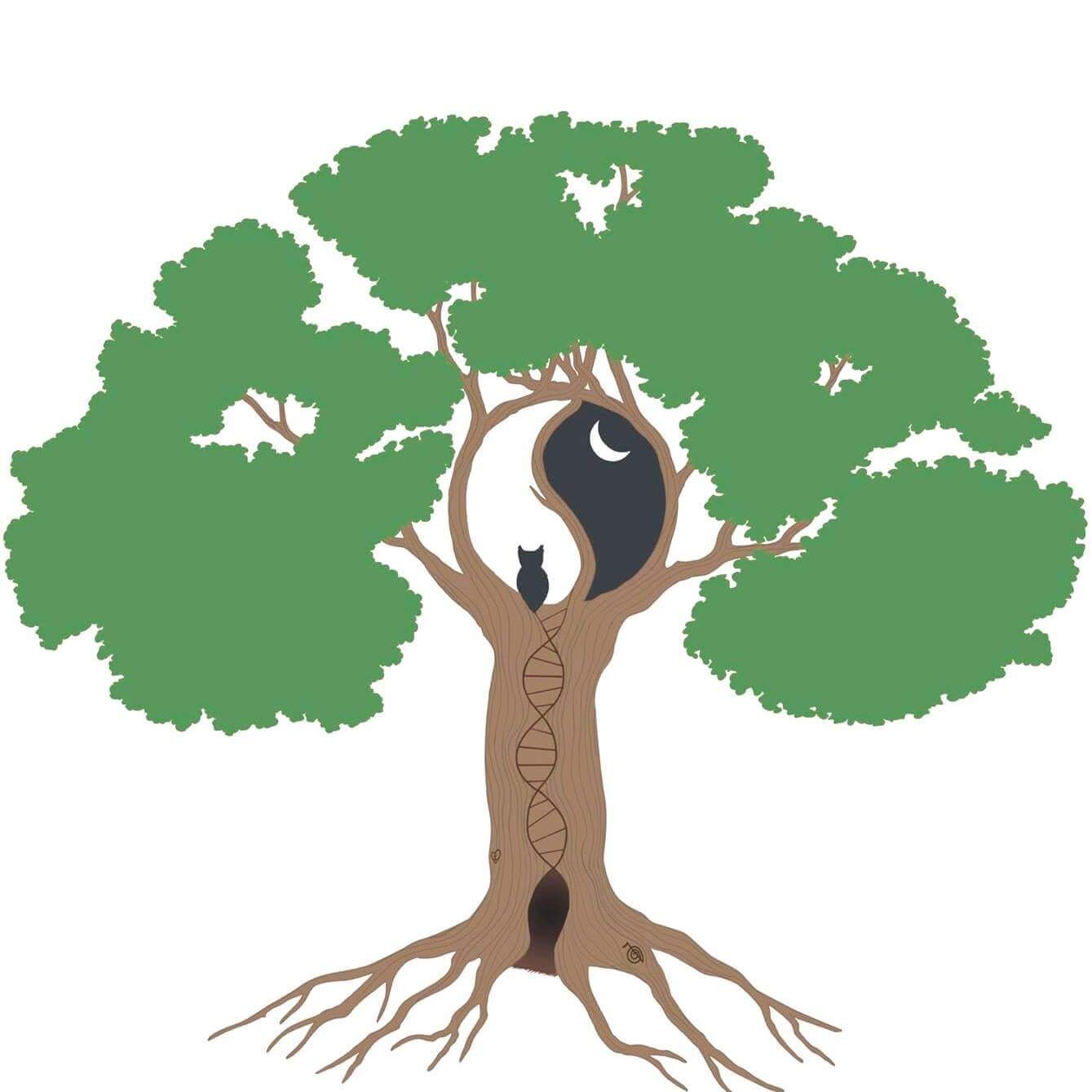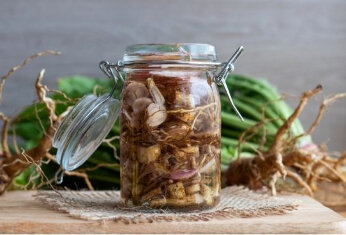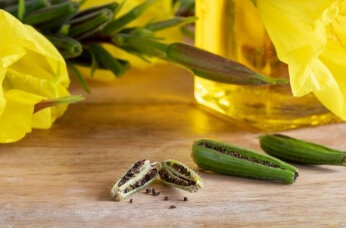Native to North America
Flowers open and release scent in the evenings and are pollinated by moths
Parts used: root, root bark, leaf, flower, seed, stem
Anti-inflammatory, antispasmodic (muscle tension, spasms, etc), astringent, diuretic, sedative
Uses:
Native Americans used poultices for bruises and wounds, ingested for bowel pains, weight loss, and muscle strength
Whooping cough, asthma, hiccups, COPD
Gastrointestinal uses include IBS, IBD, colitis, poor digestion, vomiting, diverticulitis, chronic indigestion, chronic diarrhea
Blood or mucus in urine, bladder spasms, nervous bladder
Antidepressant - depression when toxins and waste have accumulated in the digestive tract
Sluggish Liver and Liver inflammation
Nervous exhaustion and anxiety
Seeds were recommended as a coffee substitute in wartime
Evening Primrose Seed Oil:
Yin tonic in Traditional Chinese Medicine
Contains Gamma lipoic acid (GLA) -essential fatty acids that help balance hormones and fight inflammation and Linolenic acid - contains fatty acids, supports Heart health, improves insulin sensitivity and Blood pressure
Hypertension, anxiety, and fatigue
Women: PMS, dysmenorrhea, endometriosis, sore breasts, fibrocystic breasts
Skin: Burns, atopic dermatitis (especially itching), psoriasis, eczema, and acne
Anti-cancer therapy - In studies, the oil has shown antiproliferative effects against breast, hepatic, prostate, and leukemia cancer cell lines
Benefits seen through clinical trials include diabetic neuropathy, hypertension, mastalgia, PMS, osteoporosis, and dementia. Mixed results in trials for atopic eczema and dermatitis, rheumatoid arthritis, ulcerative colitis, diabetic lipid metabolism, and alcoholism.
Osteoporosis: Combined with fish oil a trial confirmed osteocalcin levels rose (a bone formation marker) and alkaline phosphatase levels dropped (indicates an increase in bone mineral density)
ncbi.nlm.nih.gov/pmc/articles/PMC6003444;ncbi.nlm.nih.gov/pmc/articles/PMC6116039;pubmed.ncbi.nlm.nih.gov/22414479;pubmed.ncbi.nlm.nih.gov/28555835;pubmed.ncbi.nlm.nih.gov/1185351; nccih.nih.gov/health/evening-primrose-oil; ncbi.nlm.nih.gov/pmc/articles/PMC6116039/#:~:text=Evening%20primroseGranica, S.; ´nska, M.E.; Piwowarski, J.P.; Ziaja, M.; Kiss, A.K. Chemical composition, antioxidative and anti-inflammatory activity of extracts prepared from aerial parts of Oenothera biennis L. and Oenothera paradoxa Hudziok obtained after seeds cultivation. J. Agric. Food Chem. 2013, 61, 801–810The Worst Weeds Are Your Best Medicine– The Common and Weedy Plant Materia Medica ©2005 Revised 2018 David Winston, RH (AHG)
Christopher Hobbs - Herbal prescriber databasePrinciples and Practice of Phytotherapy - Modern Herbal Medicine Simon Mills, Kerry BoneMedical Herbalism - The Science and Practice of Herbal Medicine David Hoffman
The Way of Herbs - Michael TierraThe Admirable Secrets of Herbs, Roots & Barks - Matthew Wood




